“No Body. No Business,” says Kate Northrup, entrepreneur, speaker and writer whose latest book Do Less, explores the lessons she learned about how to maintain or even increase the financial results of her business during her first pregnancy and the first year(s) of her daughter’s life. Penelope had a skin condition that kept her from sleeping. In pure survival mode, Kate had to focus on the few activities that were mission critical to her business that only she could do. And she also learned to work with her body, instead of against it.
The image of the successful entrepreneur in our culture is one who is willing to sacrifice everything--sleep, food, exercise, relationships, and so on--with the hopes of a big payday at some point in the “imaginary future” as my yoga teacher, Cindy Dollar, likes to say. Even if you aren’t looking for a big exit from your business, the lines between business and personal can become easily blurred; particularly if you are passionate about your work.
Chances are, you are wearing numerous hats and spinning what feels like a million plates at any given time. If you have a team, it is small and possibly stretched thin too. And, if you have a team, you feel responsible for their livelihood too. Anything less than 200% commitment to your business feels like you just aren’t serious (or so our culture would tell you).
And if you are getting great results from a little effort, what could you accomplish or earn with MORE effort?!?! One of the important lessons I learned from my first professional adventure is that more isn’t always better. But that wisdom is so very easy to forget in the daily churn for revenue and results.
So, back to Kate’s powerful statement. No Body. No Business.
If you are like I used to be, you expect your body to do what you tell it to do; preferably without complaining. But that isn’t actually realistic. Or kind.
And, if you are like me, you may have spent a number of years (or perhaps most of your life) operating as if your body and your mind aren’t actually connected at the neck. Like what happens in our head happens in isolation from our body; and vice versa.
What is actually true is that our bodies and our minds are inextricably interdependent. If our body is not well, it will begin to affect our mental health. And if our minds aren’t well, it will affect our bodies. And if our bodies and minds are not well, then we cannot perform. And if our bodies and minds are not well, then what are we doing all of this for anyway?!
According to the National Alliance on Mental Illness:
1 in 5 U.S. adults experience mental illness each year
1 in 25 U.S. adults experience serious mental illness each year
1 in 6 U.S. youth aged 6-17 experience a mental health disorder each year
Suicide is the 2nd leading cause of death among people aged 10-34
The statistics for entrepreneurs are even more stunning. According to a study by Michael Freeman, entrepreneurs are 50% more likely to report having a mental health condition. We don’t yet know the underlying causality of such a statistic, but, according to Freeman’s study, company Founders are even at greater risk:
- 2X more likely to suffer from depression
- 6X more likely to suffer from ADHD
- 3X more likely to suffer from substance abuse
- 10X more likely to suffer from bi-polar disorder
- 2X more likely to have psychiatric hospitalization
- 2X more likely to have suicidal thoughts
Mental health, just like physical health, exists on a spectrum. We can invest in our mental health just like we can invest in physical health. And when we invest in our mental health and our physical health, we promote our overall well-being and the well-being of our business(es).
Chronic stress, without adequate recovery, can become toxic for the body; resulting in a host of physical, mental and emotional illness and injuries. We have four energetic anchors: physical, mental, emotional and spiritual. In each of these areas, we can build our capacity by stretching beyond our comfort zone and then engaging in adequate recovery activities. And, in each of these areas, if we continually stress ourselves, without adequate recovery, we can find ourselves burned out, injured, and potentially even chronically or mentally ill. I know a little bit about burnout and mental illness, because I have my own crash and burn story.
While I am predisposed toward mental illness due to adverse childhood experiences, I was able to perform at an extremely high level personally and professionally for about twenty years before my body and mind collapsed under the weight of decades of stress and exertion without adequate rest and recovery.
Now, I understand that stress management, resilience, and well-being are muscles that can be built by small acts performed consistently over time. The strategies that work best for you, are specific to you. Even so, there are some powerful principles that you can build into your life and work, right now:
1. Acknowledge our HUMAN needs (including community and connection)
While our culture seems to reward those who appear (from at least the outside) to be superhuman, more and more celebrities and athletes are coming forward to share their stories. As human beings, we are biologically wired for community and connection. We cannot thrive without it. As Arianna Huffington writes in her book Thrive, we need to add multiple dimensions to our definition of success-- expanding beyond money and power--if are to truly thrive.
2. Recalibrate exertion/recovery across the four energetic anchors (mental, physical, emotional, spiritual) on a regular basis
Just like a muscle, which experiences micro tears when we put it under stressful load, and then gets stronger when we rest and recovery, we can build our capacity in all four energetic anchors by regularly stretching that capacity and then engaging in rest and recovery activities. Any time that I did spend investing in my own energy during my first two careers was focused in the physical realm. And the activities that I chose often added extraordinary levels of stress (e.g., crossfit and endurance events) to my already stressed system. For more on recovery practices within each of the four areas, you can download my one-page recovery cheat sheet here.
3. Treat recovery strategies like your life and business depend on them (they do)
It is so easy for us to convince ourselves that work is more urgent and important than anything we might do to take care of ourselves. A wise woman told me once that a tree’s canopy is essentially a mirror reflection of its root system. If the canopy is lush, expansive, and healthy, so is the root system. If the tree is dying above the ground, so is its root system. Your investment back into your own root system and the nutrients flowing through those roots, will ultimately determine your results.
4. Periodic check-ins with ourselves and the support people in our lives (particularly as life circumstances change)
Change adds stress to our lives. Even “good” change, like getting a promotion, getting married, having children, or buying a home. Each time there are changes in your personal or professional life, give yourself permission to check-in with the people in your support system. Do you need to discuss the allocation of responsibilities? Take some things off your plate? Add resources? I used to act like I was supposed to take all these changes in stride, and that I didn’t actually need more resources or fewer responsibilities in order to restore balance and sustainability. Engage the people in your life to help you process how you can recalibrate for your overall well-being.
5. ASK FOR HELP--organization, family friends, professionals
You are not alone. And you don’t have to go through this thing called life alone. Sometimes, the things we are dealing with in our lives are just bigger than us. And that is NORMAL. And HUMAN. I convinced myself for years that I had to go through the world (and face my mental illness) alone and it almost cost me my life. Restoring health or finding a path toward healing and possibly remission is work that happens over time and is best done with a continuum of care and resources. There is no magic bullet. But there is hope. I have linked some mental health resources below. Asking for help is one of the very bravest, strongest things you will ever do in your life.
https://www.nami.org/Find-Support/NAMI-HelpLine/Top-HelpLine-Resources
https://www.mhanational.org/finding-help
September was Suicide Prevention Awareness Month and October 10th is World Mental Health Day.

